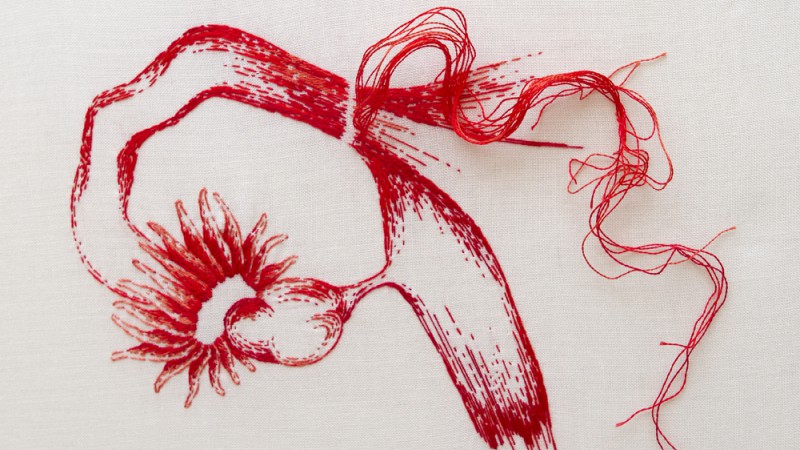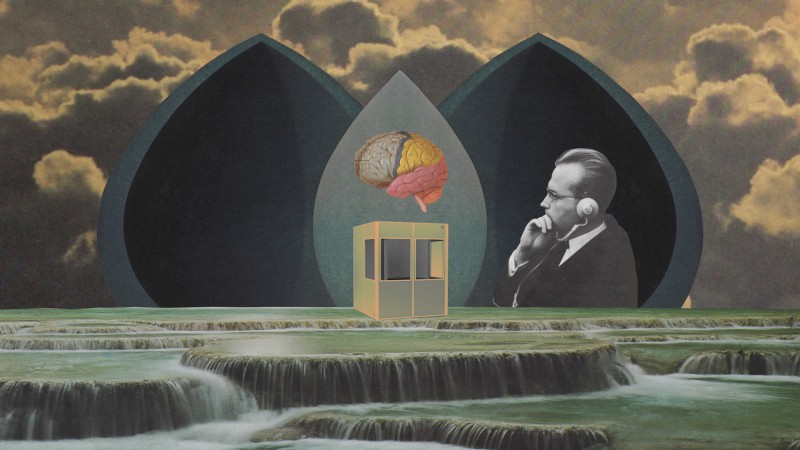Mosaic
-

Decisions on a knife-edge
Women predisposed to ovarian cancer can reduce their risk with surgery, but with it comes early menopause. To avoid this, some doctors propose delaying part of the procedure. But is this safe?
-

The troubled history of the foreskin
Common in the US, rare in Europe and now championed in Africa, male circumcision is hotly debated.
-

Hunting the silent killer
Hepatitis C has a cure, but how do we find those who need it? Patrick Strudwick reports on one attempt to identify some of the estimated 100,000 undiagnosed people in […]
-

People are animals, too
The human brain is special. Just not that special. To understand animal minds, and our own place in the living world, we should remove ourselves from centre stage, argues Peter […]
-

Science for the people!
In the 1970s, radical scientists thought they could change the world – if they could change science first.
-

Colour to dye for
The basic chemistry of hair dyes has changed little over the last century, but what do we know about the risks of colouring our hair, and why do we do […]
-

Saved: How addicts gained the power to reverse overdoses
Naloxone can reverse an otherwise fatal heroin overdose within minutes. Carrie Arnold meets the doctors who put this remarkable drug in the hands of the police, families and addicts—and saved thousands […]
-

In other words: inside the lives and minds of real-time translators
The world’s most powerful computers can’t perform accurate real-time translation. Yet interpreters do it with ease. Geoff Watts meets the neuroscientists who are starting to explain this remarkable ability.

